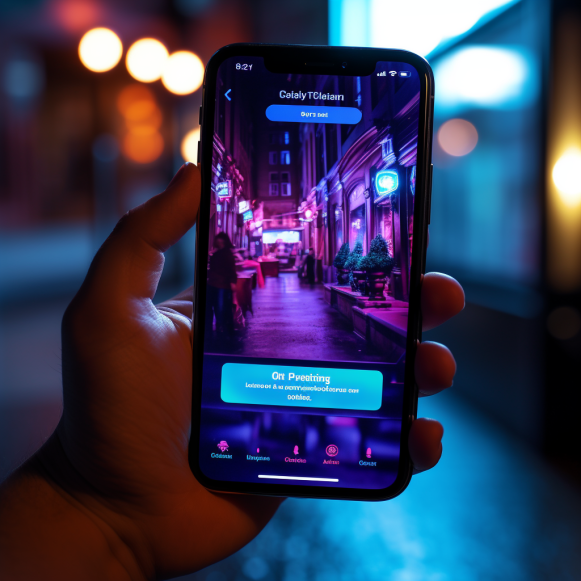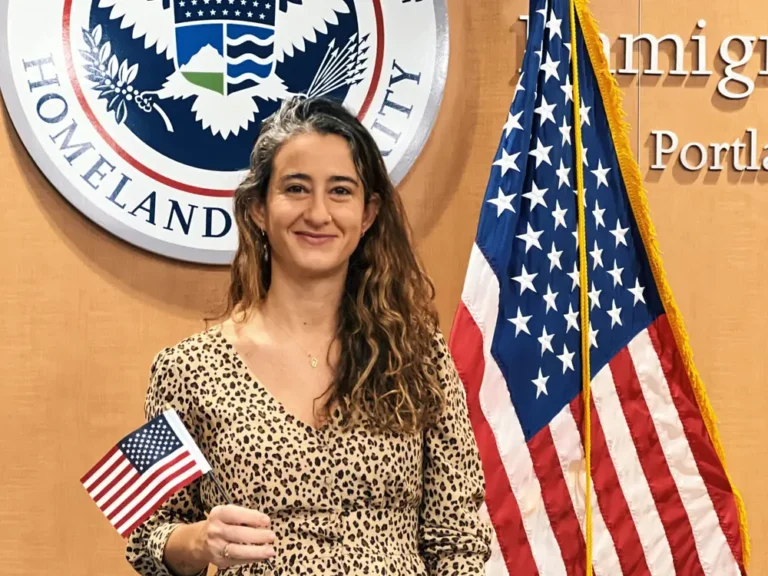Opinion: Writers deserve more for contribution to OpenAI’s success

How much should AI companies owe to the creators whose work informs their chatbots?
It was reported last month that OpenAI, the company behind the generative AI chatbot ChatGPT, was on track to make $1 billion in revenue this year through user subscriptions and licensing its technology to other companies. ChatGPT was only introduced to the world in November of last year, and its rapid growth demonstrates the demand for AI-powered chatbots and their potential to transform lives.
However, there are still pressing ethical issues that must be addressed, such as what AI companies owe to the creators whose work is used to power their chatbots.
Generative AI chatbots, which can have human-like conversations and generate unique written responses to user prompts, are taught to communicate by using writing samples from hundreds of thousands of writers whose work is publicly available on the internet. Even though the written work is freely accessible to the public, much of it is protected by copyright law.
ChatGPT, according to OpenAI, does not produce plagiarized outputs; rather, it learns from the ideas of the books and articles on which it is trained to produce unique content. Many creators are outraged that OpenAI could become a billion-dollar corporation by using human writers’ work to train its artificial intelligence machine. Some writers are also requesting remuneration for their contributions, as well as ways to opt out of having their data used in this manner.
According to Lila Shroff, a Stanford University tech ethics and policy fellow, writers are concerned for a number of reasons. They feel exploited because their arduous intellectual labor was used without their permission. AI could eventually replace them by automating the writing process using their data. One of the main demands of the Hollywood writers’ strike has been the establishment of a contract that protects writers from being replaced by AI.
While Congress is concerned about AI’s unrestrained, meteoric rise in the last year, lawmakers are finding it difficult to regulate. Because AI is such a new technology that is advancing at such a rapid pace, federal authorities have been slow to catch up. Lawmakers are also unprepared to deal with the AI boom because the majority lack a technical background and struggle to comprehend the mechanisms by which AI technologies operate. However, it is clear that laws and regulations are required to ensure that technological advancement occurs in a fair manner.
At least two groups of authors, including Mona Awad and Paul Tremblay, as well as comedian Sarah Silverman, have sued OpenAI for copyright infringement. Silverman’s group claims that OpenAI fed ChatGPT copyrighted books so that it could “profit richly” from them. Each group is suing for nearly $1 billion in damages.
While technological progress should be celebrated, we must ensure that this technology is built with safeguards to protect both its users and the creators of the content on which the AI was trained.
I pasted the text of my essay into ChatGPT and asked the chatbot to respond to my argument in its own words to see what it had to say about it. It said the following:
“The growth and success of AI, such as ChatGPT, demonstrate the limitless potential of technology, but it also highlights the importance of ensuring that creators’ rights and efforts are respected and compensated.” It is critical that we do not lose sight of our ethical compass in our pursuit of progress. A balanced dialogue between AI developers and the creators who unintentionally fuel them is required to ensure that the benefits of this technology are widely shared without infringing on individual rights.”
Diya Sabharwal worked on the editorial pages of the Los Angeles Times in 2023. She is a Stanford University sophomore majoring in English and computer science.






